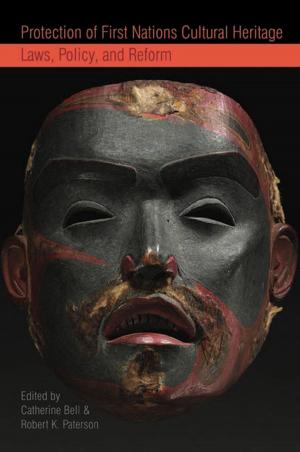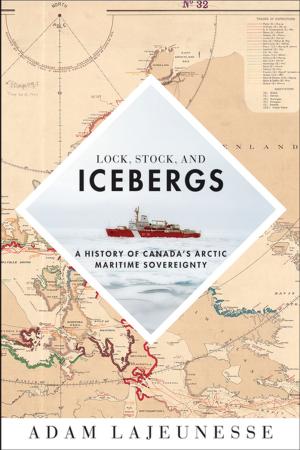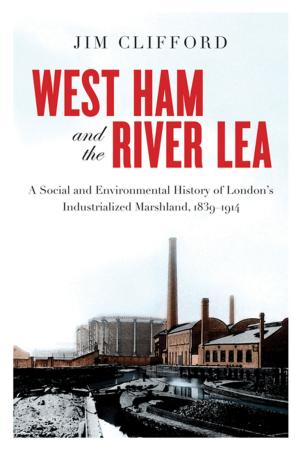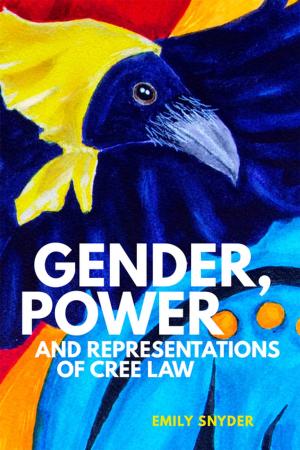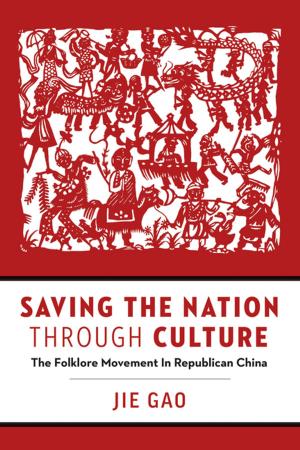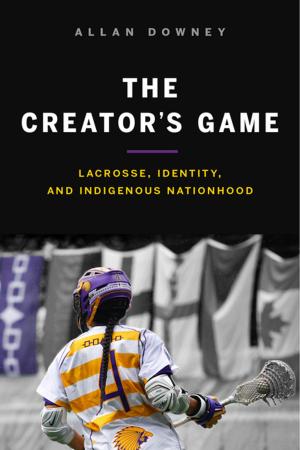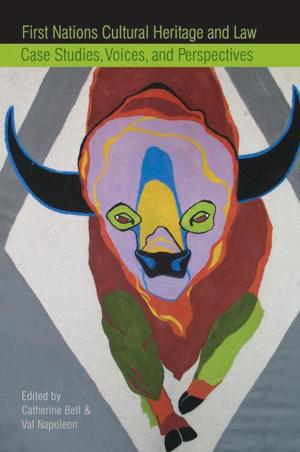Far Off Metal River
Inuit Lands, Settler Stories, and the Making of the Contemporary Arctic
Nonfiction, Social & Cultural Studies, Social Science, Human Geography, Cultural Studies, Native American Studies, History, Canada| Author: | Emilie Cameron | ISBN: | 9780774828871 |
| Publisher: | UBC Press | Publication: | June 1, 2015 |
| Imprint: | UBC Press | Language: | English |
| Author: | Emilie Cameron |
| ISBN: | 9780774828871 |
| Publisher: | UBC Press |
| Publication: | June 1, 2015 |
| Imprint: | UBC Press |
| Language: | English |
In 1771, Samuel Hearne, an employee of the Hudson’s Bay Company, set off with a group of Dene guides in search of a “Far Off Metal River” in the Central Arctic, rumored to be rich in copper. Twenty-four years later, Hearne’s account of his journey was published, along with a graphic description of the “Bloody Falls massacre,” an alleged attack by his guides on a camp of sleeping Inuit.
In Far Off Metal River, author Emilie Cameron explores how Hearne’s account of the massacre has shaped the ongoing colonization and economic exploitation of the North. As Cameron demonstrates, the Arctic has for centuries been treated like a blank page onto which a long line of explorers, missionaries, anthropologists, resource companies, and politicians have inscribed stories that serve their own interests. These stories have in turn played a central role in shaping the region, including efforts to open the North to industrial resource extraction. Consequently, Qablunaat (non-Inuit, non-Indigenous people) have a responsibility to question their relationships with the North and northerners, first by placing these stories within their proper historical, geographical, and social context and then by developing new understandings and new relationships that reflect the actual political, cultural, economic, environmental, and social landscapes of the contemporary Arctic.
In 1771, Samuel Hearne, an employee of the Hudson’s Bay Company, set off with a group of Dene guides in search of a “Far Off Metal River” in the Central Arctic, rumored to be rich in copper. Twenty-four years later, Hearne’s account of his journey was published, along with a graphic description of the “Bloody Falls massacre,” an alleged attack by his guides on a camp of sleeping Inuit.
In Far Off Metal River, author Emilie Cameron explores how Hearne’s account of the massacre has shaped the ongoing colonization and economic exploitation of the North. As Cameron demonstrates, the Arctic has for centuries been treated like a blank page onto which a long line of explorers, missionaries, anthropologists, resource companies, and politicians have inscribed stories that serve their own interests. These stories have in turn played a central role in shaping the region, including efforts to open the North to industrial resource extraction. Consequently, Qablunaat (non-Inuit, non-Indigenous people) have a responsibility to question their relationships with the North and northerners, first by placing these stories within their proper historical, geographical, and social context and then by developing new understandings and new relationships that reflect the actual political, cultural, economic, environmental, and social landscapes of the contemporary Arctic.




